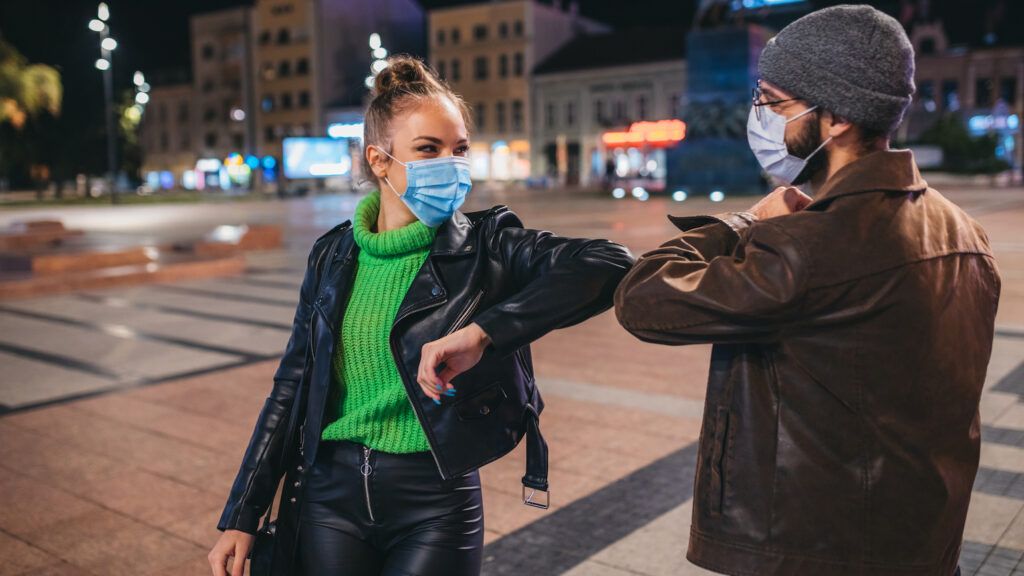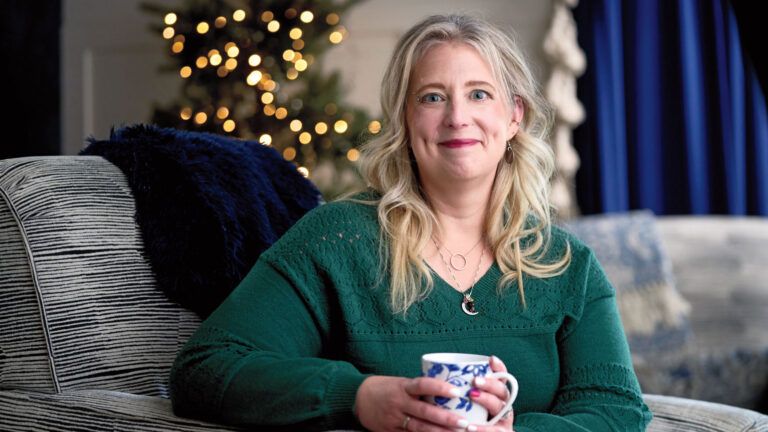There are so many words that describe emotions as well as other things. “Blue” for sadness is a classic example—as is “cold” or “chilly” to describe someone who is socially disconnected.
A new study sheds light on just how apt this description is. According to researchers at the State University of New York and Florida State University, people who feel physically cold are more likely to report feeling emotionally “cold” and seek out connection with others.
“In colder ambient environments,” the authors wrote, “people report greater loneliness, and they pursue both physical warmth and social affiliation (i.e. social warmth).” In other words, the study found that people don’t like to be cold, and they will seek out ways to warm themselves, physically and emotionally.
Warmth, like cold, describes the emotions associated with connection, comfort and mutual appreciation. It makes sense, then, that study participants who wore a battery-powered warm pack on a cold day already felt those feelings in subtle, visceral ways, which the research associated with a lower impulse to seek out social connection and visit friends.
This finding highlighted two things for me. First, it was a new perspective on seasonal sadness, with the findings about the social impact of cold temperatures.
Second, it brought the social challenges of the coronavirus era into stark focus. The warmth we generally seek from friends and loved ones is found indoors, by a cozy fire, sipping warm drinks and sharing laughs and quality time together. As the winter presses on and public health guidelines continue to advise against indoor gatherings, it can feel increasingly difficult to meet our relational needs. “Socially distanced” is an emotional reality as well as a sensible public health practice.
Which makes me turn to what researchers also know about loneliness, which is that it deserves our attention and should be supported with connecting practices. Here are some suggestions:
1) Reach out to your house of worship or other community organizations for Covid-safe programs or volunteer opportunities.
2) Invest your energy in gathering an adequate supply of warm clothing—including tools like rechargeable hand-warmers—so you can safely meet friends for masked walks or visits outdoors.
3) Acknowledge your loneliness and reach out for support from a friend, clergy person or counselor if it feels overwhelming.
4) Bask in the warmth of your own good company, remembering there’s joy to be found in solitude. As the theologian Paul Tillich put it, “Loneliness expresses the pain of being alone, and solitude expresses the glory of being alone.”
How do you stay socially warm during the cold months?





